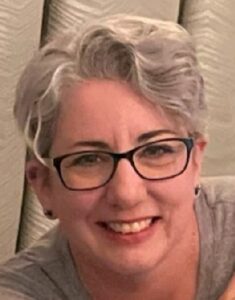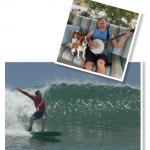Another challenge, Dr. Psarras points out, is that many diseases rheumatologists treat are heterogeneous, with a patient’s ethnic background playing an important role in shaping the disease phenotype and response to treatment. “We need to include different parts of the world in both clinical and basic research studies so we can get a good understanding of disease heterogeneity and how to better treat our patients,” he says.
Not all types of international collaborations are practical—given the differing availability of treatment options in certain parts of the world, for example. However, some types of research, such as patient perspective surveys, can be easily implemented globally.
Dr. Hsieh reflects that an early career investigator may find it hard to engage with international collaborators, manage different regulatory environments and navigate the logistics of projects in unfamiliar environments. “That’s the value of a program like this, which gives young faculty the ability to visit an outstanding research institute in the host country, see first-hand what research is like in a different context and meet potential mentors and collaborators,” she says.
Increased Emphasis on Rheumatology Professionals
In addition to diversifying regionally, the Global Engagement Committee has been trying to promote the exchange to ARP participants, says Dr. Hsieh.

Dr. Steinbarger
Kimberly Steinbarger, PT, MHS, DHSc, a physical therapist and assistant professor at Husson University, Bangor, Maine, participated in the scholar exchange in Milan at the EULAR Congress and in a follow-up conference with EULAR Health Professionals in Rheumatology (the EULAR equivalent of the ARP). Although she is older than the typical scholar, the ACR waived the age requirement because she obtained her doctorate relatively recently.
Dr. Steinbarger is particularly interested in the challenging problem of fatigue in rheumatology, and she enjoyed many conversations about how different individuals approach it.
“I wanted to see what kind of things were being done [beyond] pharmaceuticals internationally,” says Dr. Steinbarger. “We had a lot of great conversations about interprofessional practice. Many of the problems are the same, but how we go about [treatment] is a little bit different.”
Although she enjoyed the exchange, Dr. Steinbarger acknowledges that many of the exchange and EULAR Congress topics were outside the scope of her practice.
The committee is working to better tailor the program to ARP members to help ensure they get the most out of the experience, says Dr. Hsieh.

